The book starts by explicating the author’s theoretical and methodological framework, with an emphasis on human agency and process as opposed to the normative and structural approaches that characterize much of South Asian ethnography. Next come critical appraisals of the history of the struggles, constitutional changes and parliamentary processes of the 1989-95 period, followed by case studies of intellectuals and the constitutional, legal and institutional processes used to domesticate and co-opt struggle. Struggle is strategized in terms of class development and comparison with contemporary struggles elsewhere in the world. Identifying commercialization as the preponderant process of the ‘modern’ period, the penultimate section scrutinizes the merchant bazaar as the institutional and cultural mechanism of commercial subjugation of Nepal. The last two chapters first correlate caste with citizenship, not class as commonly done, and second, in a review of Levi’s Bhaktapur, criticize the reduction of urban social analysis to ritual while providing a historical materialist alternative.
Speaking Rivers: Environmental History of a Mid- Ganga Flood Country, 1540-1885
The question of water and ...
$54.00
$60.00

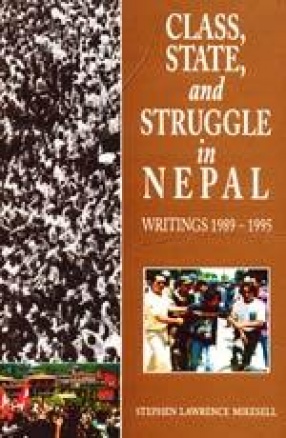
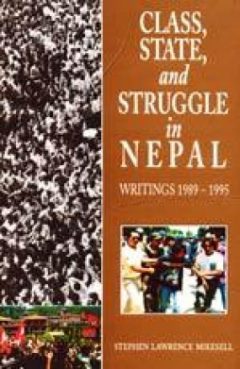
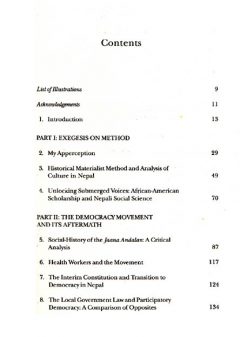
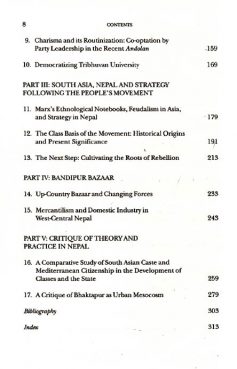

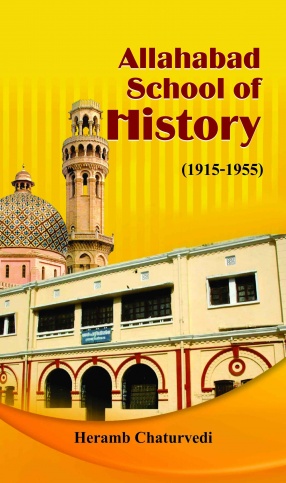
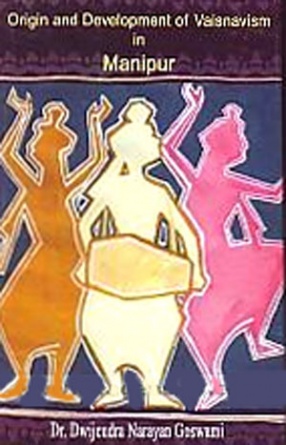
There are no reviews yet.